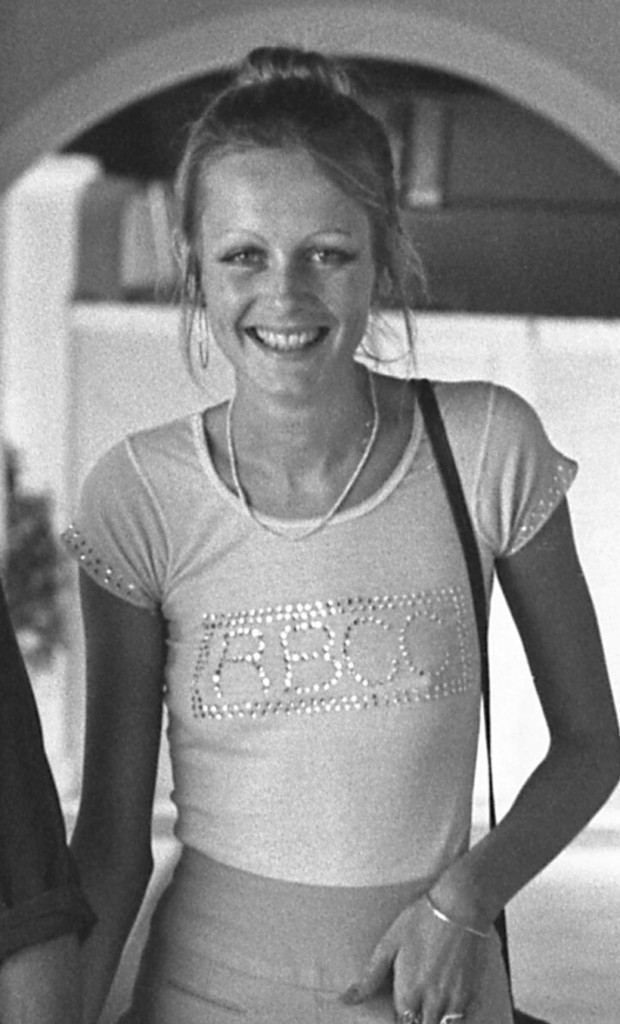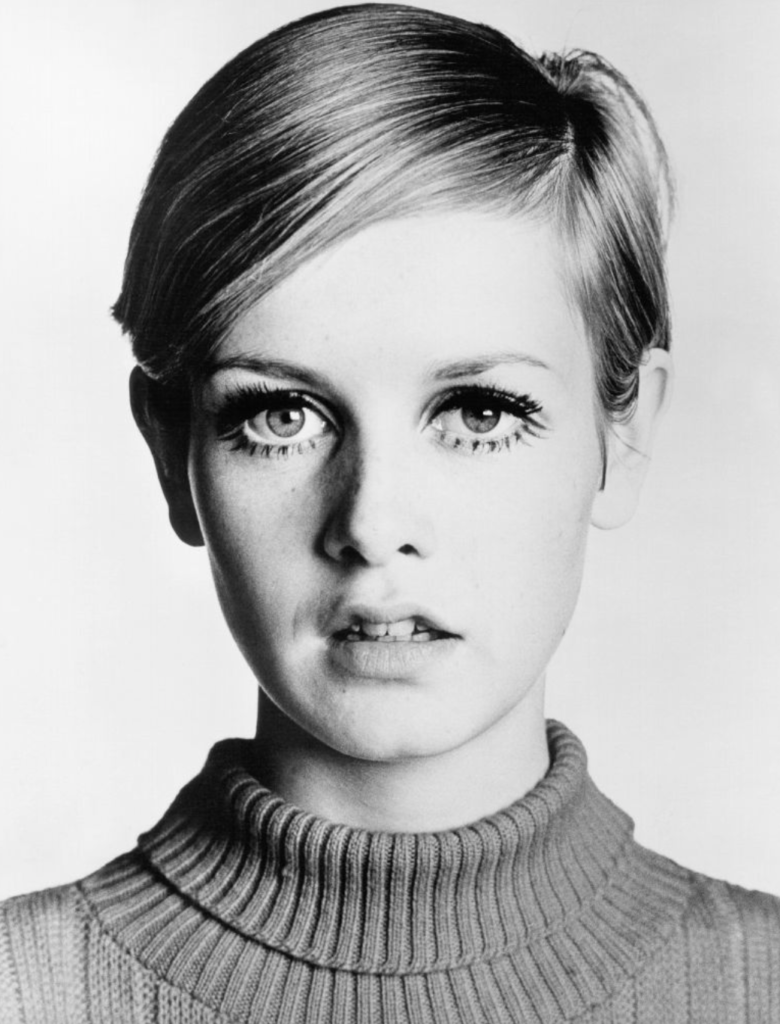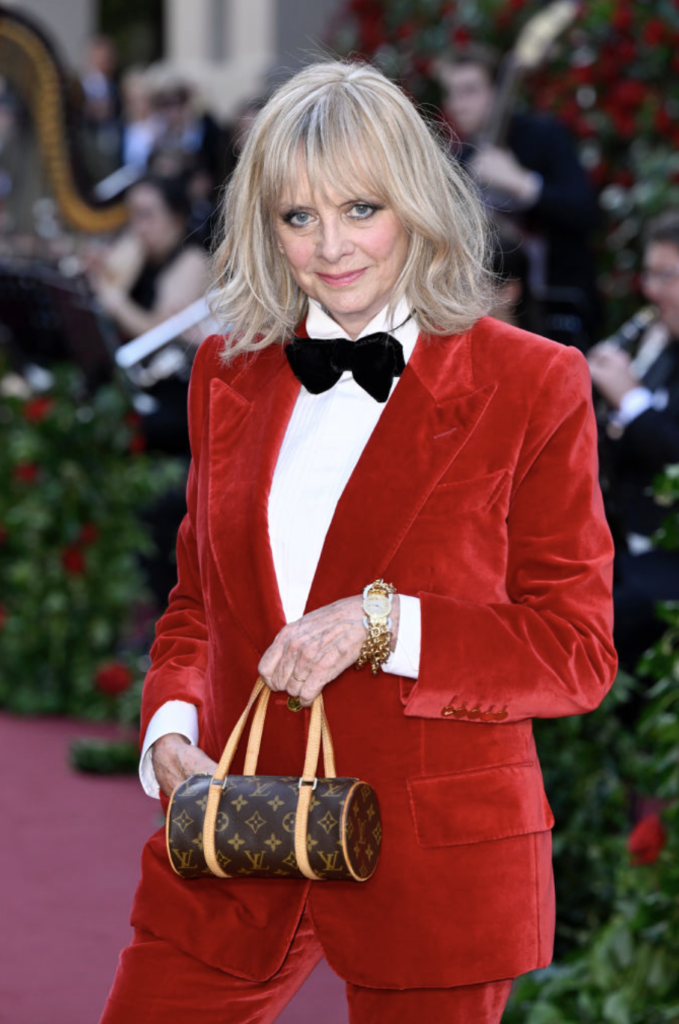Gracing the premiere of the musical remake of “Mean Girls,” iconic actress Twiggy recently showcased her elfin-like face and big blue eyes with a pixie hairstyle, a distinctive look replicated over the decades.
Despite revolutionizing the fashion industry with her youthful style, Twiggy disclosed that the androgynous buzz defining the Swinging Sixties look was not something she sought. Rather, she found herself in this unique style due to the work of a renowned hairstylist in a posh salon, as she was too shy to decline.

As Twiggy celebrates her 74th birthday on September 19, let’s revisit the 1960s when she first introduced the famous baby doll styles still influential today.
In 1966, the British-born Twiggy, born Lesley Hornby, was a budding model looking for a trendy new look to kickstart her career. Standing at only 5 feet 6 inches, she was initially told she was too short to thrive in the competitive fashion industry.
Turning 74 on Sept. 19, the former supermodel recalled her encounter with hairstylist Leonard Lewis (Leonard of Mayfair) at London’s House of Leonard. Lewis, seeking models to try his new crop haircut, spotted Twiggy during a session for test “head shots.”

During a recent appearance on Jessie Ware’s podcast, “Table Manners,” Twiggy revealed that she never initially wanted her hair cut short. Shampooed and set at a posh salon in Mayfair, she was too shy to reject Lewis’s new haircut proposal and reluctantly nodded.
Returning the next day, Twiggy spent seven hours at the salon, enduring cutting, coloring, and recutting. Although the androgynous look wasn’t her preference, Twiggy quickly realized why Lewis gained notoriety as a stylist.
Perfecting her golden blonde crop, Lewis had British photographer Barry Lategan capture Twiggy’s iconic pictures. This marked the pivotal moment when the famous pixie cut, highlighting her large blue eyes, became the talk of the town.
Twiggy explained the inspiration behind her signature doe eyes, revealing her experimentation with makeup at home, inspired by a rag doll’s spikey eyelashes. Born out of rebellion against her strict school’s makeup prohibition, Twiggy and her friends played with makeup on weekends, and her signature look evolved.

A few weeks after the Daily Express shoot, Twiggy’s iconic black and white images appeared, along with the headline “Twiggy – The Face Of ’66,” catapulting her modeling career. The mod fashion icon became the blueprint for a Twiggy Barbie and synonymous with designer Mary Quant’s groundbreaking fashion.
Retiring from modeling in 1970, Twiggy explored acting and singing, earning two Golden Globes for her role in “The Boy Friend” (1971). Remaining active in fashion, she partnered with brands and released an album in 2011.
Twiggy, an ambassador for L’Oreal, hosts the podcast “Tea with Twiggy,” featuring intimate chats with famous friends. Despite her remarkable achievements, Twiggy measures her success by the close bond she shares with her daughter Carly Lawson, considering family her top priority. Twiggy’s enduring charm and iconic pixie cut continue to captivate audiences, making her an ageless fashion icon.